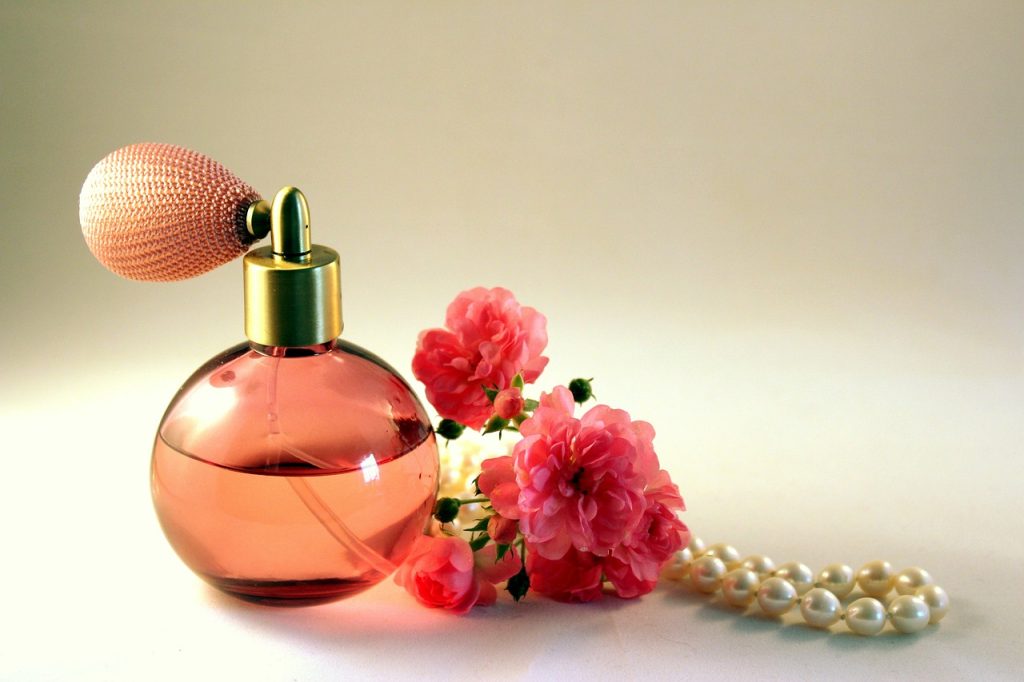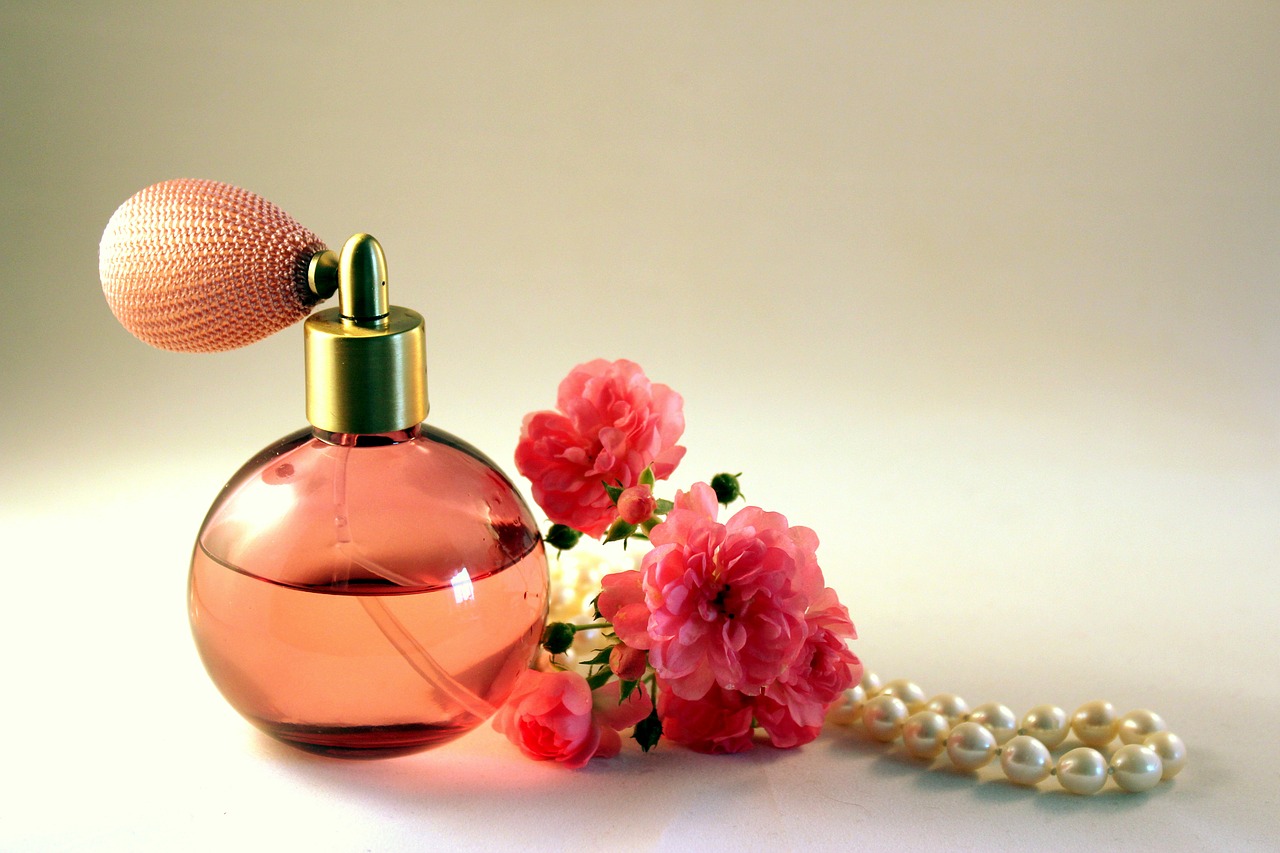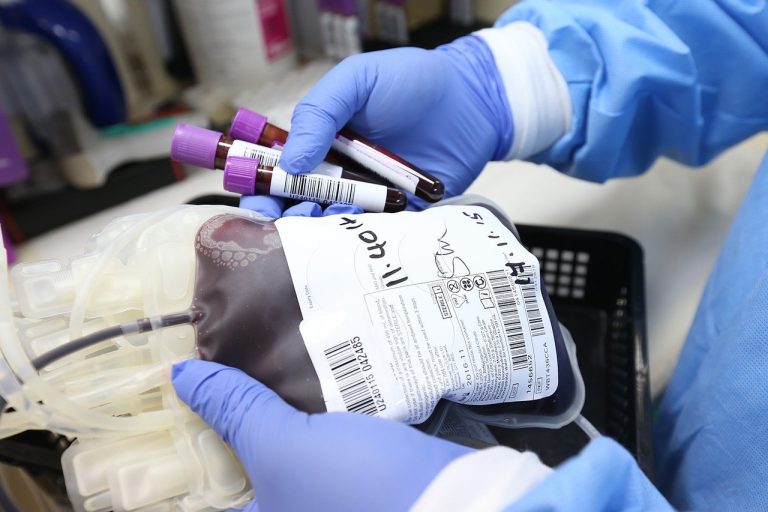Napoleon’s Perfumes

“You shall make of these an incense, a compound according to the art of the perfumer, salted, pure, and holy. And you shall beat some of it very fine, and put some of it before the Testimony in the tabernacle of meeting where I will meet with you. It shall be most holy to you.” [Exodus 30:35,36]
Josephine de Beauharnais was the first wife of Napoleon Bonaparte and the first empress of the French. She received many love letters from Napoleon, and many of them still exist. Her chateau was known for a magnificent rose garden. She watched over it very carefully and collected roses from around the world. Because she did not produce an heir for the king, Napoleon divorced her, but never forgot her.
The chateau near Paris, long inhabited by Josephine, still exudes the strong odor of musk with which the empress used to douse her person in life. Her favorite essence was the Houbigant musk perfume manufactured in Paris. The castle, now a museum, changed hands many times after Napoleon’s ex-wife died in it in 1814. But no effort of the subsequent owners has ever succeeded in eradicating the strong and penetrating scent which clings to the walls, imprinting the empress’s personality on her residence forever.
Napoleon was so enamored of the sweet smell of success that he used 54 bottles of cologne a month and carried them with him to his battlefields. Houbigant fragrances could be found in his campaign chest during the years he went out to conquer Europe. One would think that on a windy day the odor would have alerted the enemy of his presence!
The Bible talks about perfume in reference to the Old Testament sanctuary altar of incense. God gave careful instructions on how to make this fragrant substance using gum resins and spices. The specific recipe was sacred and not to be used for general purposes (see Exodus 30:34-38). This incense was burned morning and evening on the altar that stood in the Holy Place in front of the curtain that separated it from the Most Holy Place.
This golden altar of incense was seen by John in vision in heaven standing before God. On it an angel burned incense, which was mingled with the prayers of the saints (Revelation 8:3) and represents the ministry of Christ. Like Josephine and Napoleon, it would be well for us to “douse” ourselves every day, not with cologne or perfume, but with the sweet savor of prayer.






